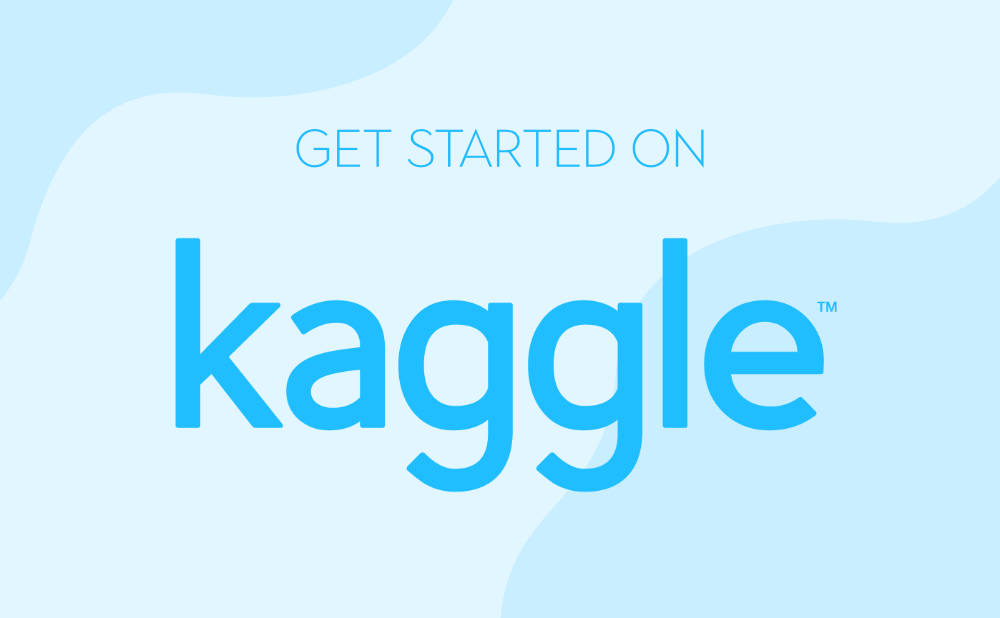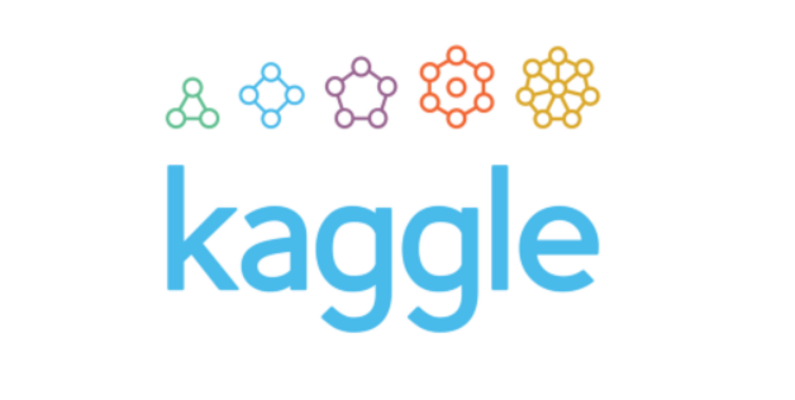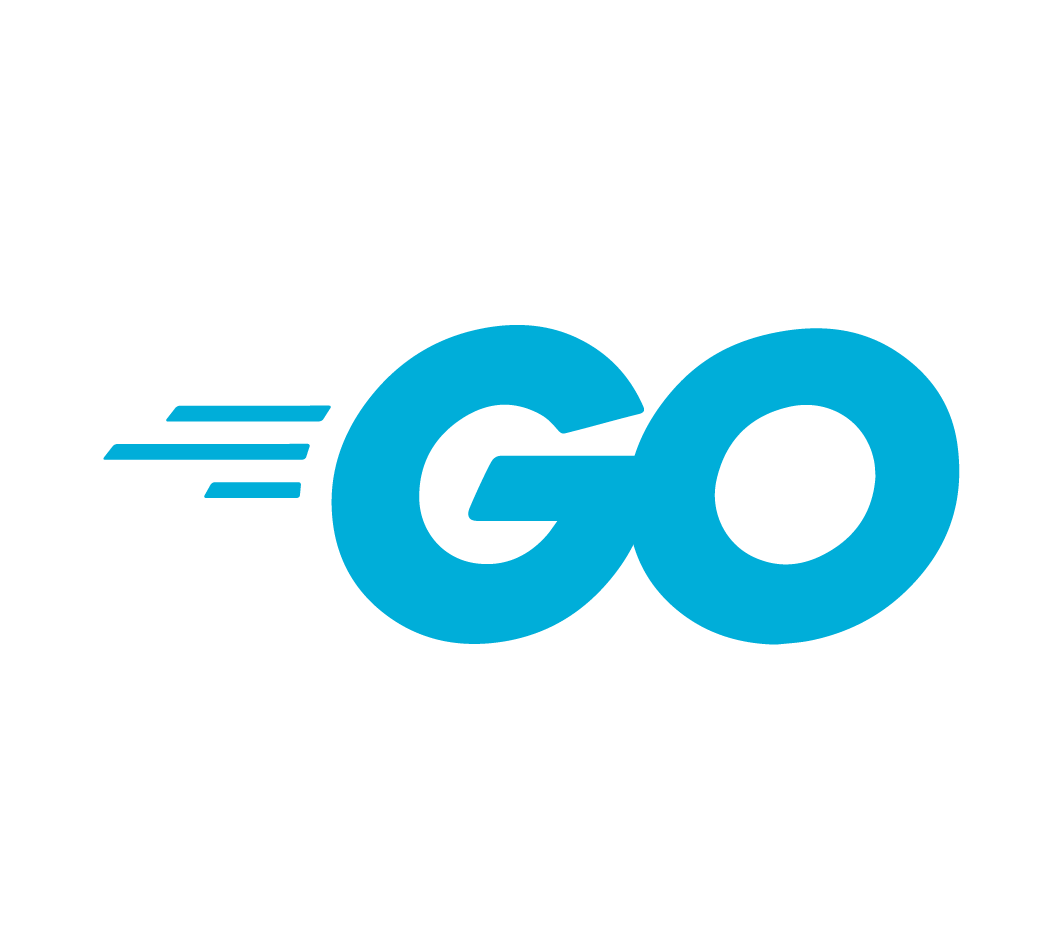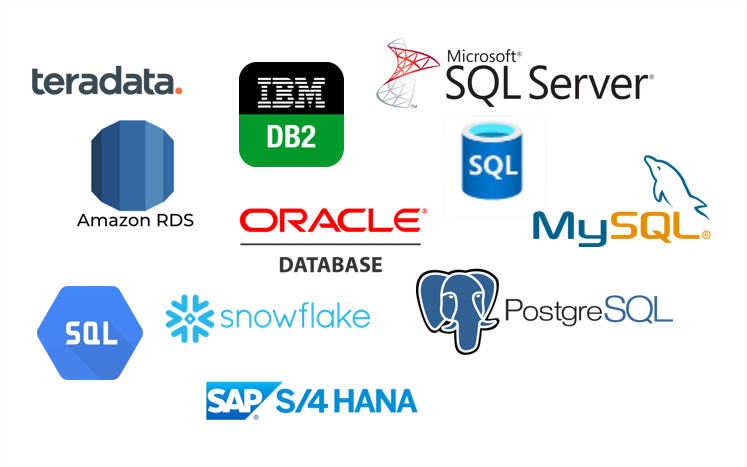Kaggle: Overview and Importance
Kaggle is a popular online platform for data science and machine learning, created in 2010 and acquired by Google in 2017. It is a hub for competitions, datasets, educational content, and community collaboration. Kaggle’s importance lies in providing hands-on learning experiences, access to real-world data challenges, and opportunities for networking and skill-building.

Key Features
- Competitions: Kaggle offers data science competitions where participants solve real-world problems, often with cash prizes. These competitions enhance practical skills and provide recognition.
- Datasets: Kaggle hosts a massive collection of free datasets on diverse topics, allowing users to explore and experiment in areas like healthcare, finance, and sports.
- Kaggle Notebooks: Users can create and share notebooks (interactive coding environments) that come with pre-installed libraries and GPU access, making it easy to work on machine learning models without local setup.
- Courses: Kaggle provides free mini-courses on data science basics, including Python, SQL, and machine learning, which are ideal for beginners.
- Community and Forums: Kaggle has a vibrant community where users can discuss competitions, share solutions, and learn collaboratively.
How to Use Kaggle
- Sign Up: Create a Kaggle account to track your progress and achievements.
- Competitions: Join competitions, starting with beginner-friendly ones, to understand machine learning workflows.
- Kaggle Notebooks: Explore and fork shared notebooks to experiment and learn from others.
- Courses: Take courses to build foundational skills in data science.
- Datasets: Practice using Kaggle’s extensive dataset collection to conduct analysis and build models.
What You Can Do on Kaggle
- Solve Real-World Problems: Participate in challenges that simulate real industry needs.
- Build a Portfolio: Share notebooks and competition results to build a data science portfolio.
- Network and Collaborate: Team up in competitions, engage in discussions, and learn from top data scientists.
- Experiment with Resources: Use free GPU and TPU resources for deep learning projects.
What’s Next with Kaggle
- Advance in Competitions: Participate in complex competitions to deepen your skills.
- Create Content: Upload datasets, share detailed notebooks, and contribute to the community.
- Specialize: Focus on specific domains like healthcare or finance by joining relevant competitions.
- Become a Kaggle Master: Work towards higher rankings (Expert, Master, Grandmaster) for career growth.
- Host Competitions: Eventually, host competitions to create learning opportunities for others.
Conclusion
Kaggle is an essential platform for data science learning and professional development. It offers real-world problem-solving, educational resources, and collaborative tools to help you grow from a novice to an experienced data scientist. By engaging with Kaggle, you can enhance your skills, build a strong portfolio, and connect with a global community of experts.




